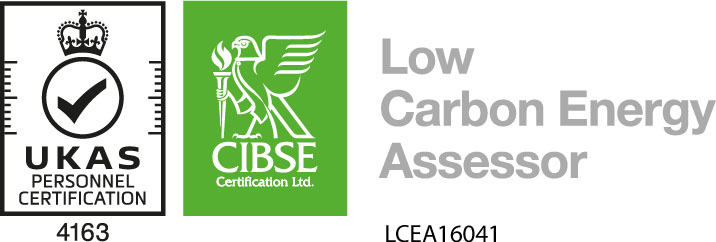
Display Energy Certificates (DECs)Display Energy Certificates are intended to compare the actual fuel usage of a building with a benchmark figure. The DEC is required to be displayed in public buildings, which are frequently visited by the public and are over 1000m2 from 1 October 2008. Typically these will be hospitals, schools, libraries, town halls but excluding dwellings and places of worship. The government has now extended this requirement to public buildings over 500m2 from 9/01/2013 and for buildings over 250m2 from 09/07/2015. The DEC assessment looks broadly similar to the energy labels for appliances. It provides an energy rating of the building from A to G shown as an index based on the annual fuel consumption compared to a benchmark. An index of 100 represents an average building. It is accompanied by a recommendation report identifying a range of energy performance improvements. A new DEC is required every year however the Advisory Report is valid for seven years. For buildings under 1000m2 DECs and Advisory Reports are valid for 10 years. Certificates are only valid if produced by an accredited energy assessor (who is a member of a government approved accreditation scheme) and lodged by the assessor on the official register operated by Landmark information group Limited. Certificates can be verified by checking it against the contents of the register. It is the responsibility of the building occupier to obtain a DEC. If required relevant fuel consumption data should be available from the Landlord. A local authority (Normally Trading Standards) can issue a penalty charge notice of £500 for failing to display a DEC at all times in a prominent place clearly visible to the public, and £1,000 for failing to possess or have in their control a valid advisory report. In addition to these penalties, it will still be necessary to commission the documents; otherwise further offences will be committed. Certificates are produced on specialist “ORCalc” software available to an accredited DEC assessor. More information is available from “Improving the energy efficiency of our buildings - a guide to display energy certificates and advisory reports for public buildings” July 2015
Tim Linford is an accredited Low Carbon Energy Assessor contact Tim for further discusion about your needs.
|
![]()
TJL Associates 2026

